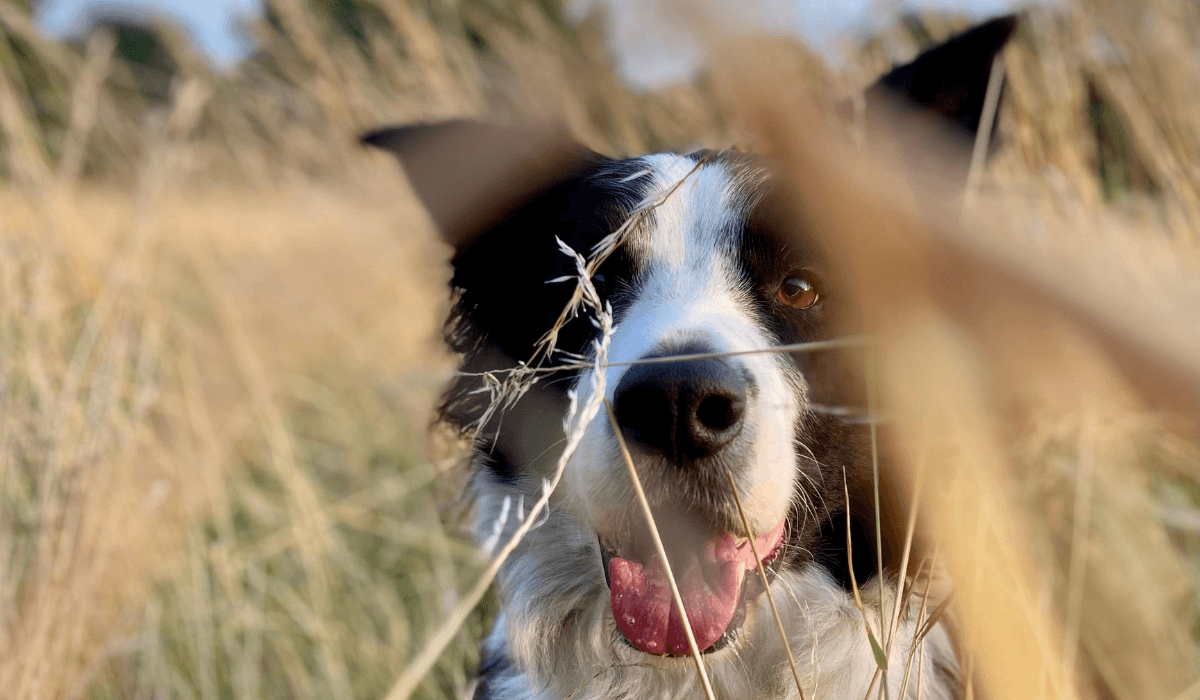Written by Dr. Andrew Bucher, BVetMed MRCVS Veterinary Surgeon
Reviewed by Dr Jill McMaster BVM&S MBA MRCVS, Veterinary Surgeon and in-house expert at BorrowMyDoggy on 6 Jun 2023
Dog ownership can come with a lot of questions and worries, and here at BorrowMyDoggy we try to offer as much help as we can. When it comes to ticks and fleas we want to make sure we give you the best advice, so Chief Veterinary Officer Andrew Bucher from MedicAnimal has given us some great tips and answers to common questions when dealing with fleas and ticks.
What’s the difference between fleas and ticks?
Fleas and ticks are both parasites which can cause your pet some serious bother. They can also be prevented and treated in similar ways. The main difference between fleas and ticks is how and where your dog might acquire them - fleas can be transferred from all sorts of places including upholstery, and other pets, whereas ticks are likely to jump onto your pet (or even you!) during walks, particularly in grassy areas.
Neither a flea infestation nor a tick bite is pleasant, however you should be extra cautious to check your pet for ticks after walks because of the risk of Lyme disease transmission, which can also affect human beings.
Why is protection against fleas and ticks important?
Fleas and ticks will bite into your dog’s skin, causing itching, discomfort and inflammation. Complications such as allergies and infections are not particularly common (although they do occur) and the best way to avoid these is to protect your pet regularly against parasites.
Fleas are known to transmit tapeworms, another unpleasant parasite. Fleas and ticks can also bite you, which is not only uncomfortable, but can also put you at risk of bacterial infections.
When is your dog most vulnerable to fleas and ticks?
Fleas like a warm environment, which is why summer is sometimes known as the “flea season”. It is also when your pet is likely to be outside more, and therefore more exposed to fleas and ticks. Tick bites are more common in the summer months, between May and July particularly, and you’re also more likely to be out on long walks with your dog which means more exposure to bites.
Whilst it’s a good idea to be extra vigilant when it comes to fleas and ticks in summer months, it’s important to remember that due to our modern, centrally heated homes, fleas can flourish all year round, so you shouldn’t neglect your flea fighters in the winter months. Dormant fleas can often become active when the heating comes on!
How can you prevent an infestation?
The best way to protect your pet against fleas and ticks is to use a spot-on treatment, tablet or collar from your vet. When it comes to fleas in particular, you can also help enormously by spraying your home with a flea-fighting spray, as 95% of fleas in an infestation are actually eggs and larvae in your home rather than adult fleas on your pet. Washing your pet’s bedding and any sofa cushions where they sleep regularly on a high heat as well as vacuuming daily (and throughly clearing out the vacuum cylinder after!) will also massively help to reduce the number of fleas in your home.
When it comes to ticks, always check your pet (and yourself) thoroughly after walks. When you go walking, ideally wear light clothing to make ticks easier to spot, and if you’re not wearing boots, roll your socks over the top of your trousers to protect your ankles.
If you do come across a tick, use tweezers or a tick remover to carefully remove the tick, gripping as close to the skin as you possibly can to ensure you don’t leave the mouthparts of the tick behind, and gently twist to remove, don't pull. Gently clean the bite area, and always visit your vet if you have any concerns about a bite or infestation. If you're not confident in removing a tick contact your local vet for help.
If you have any concerns we recommend contacting your local vet or premium BorrowMyDoggy members can phone our 24/7 Vet Line at any time.
This article is for information only, and should never replace any advice, diagnosis or treatment from your veterinary surgeon. Always contact your local vet or out of hours vet without delay if you have any concerns about your dog.
Useful summer guides
- How to keep dog cool in summer
- Keeping your flat nosed friend cool
- Pupsicles
- Fleas and ticks: facts all owners should know
- How to have a dog friendly BBQ
- Protect your dog from heat stroke
- How to keep your dog safe at the beach
- Dog friendly beaches in the UK
- How to keep your dog entertained when it's too hot outside





